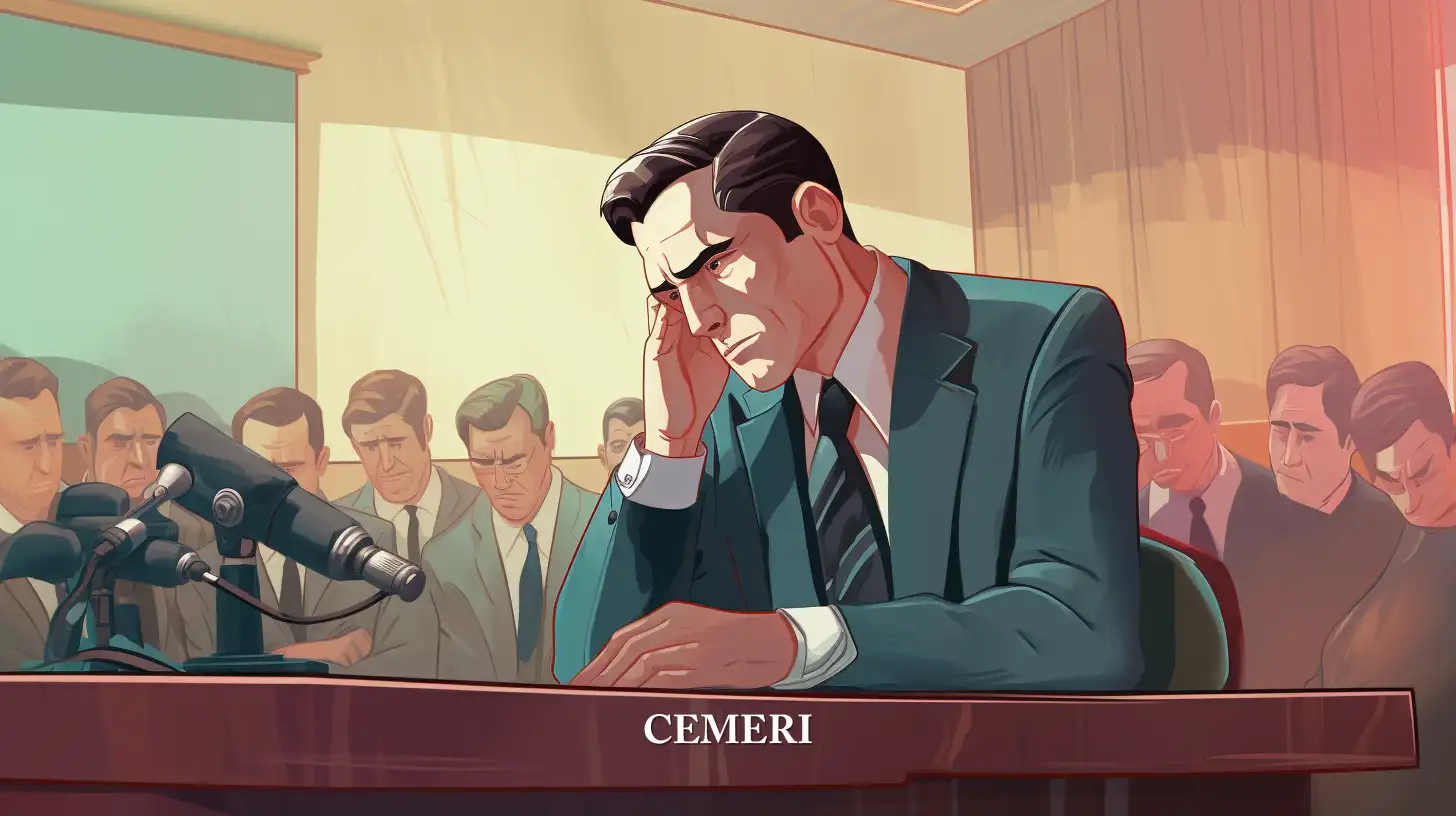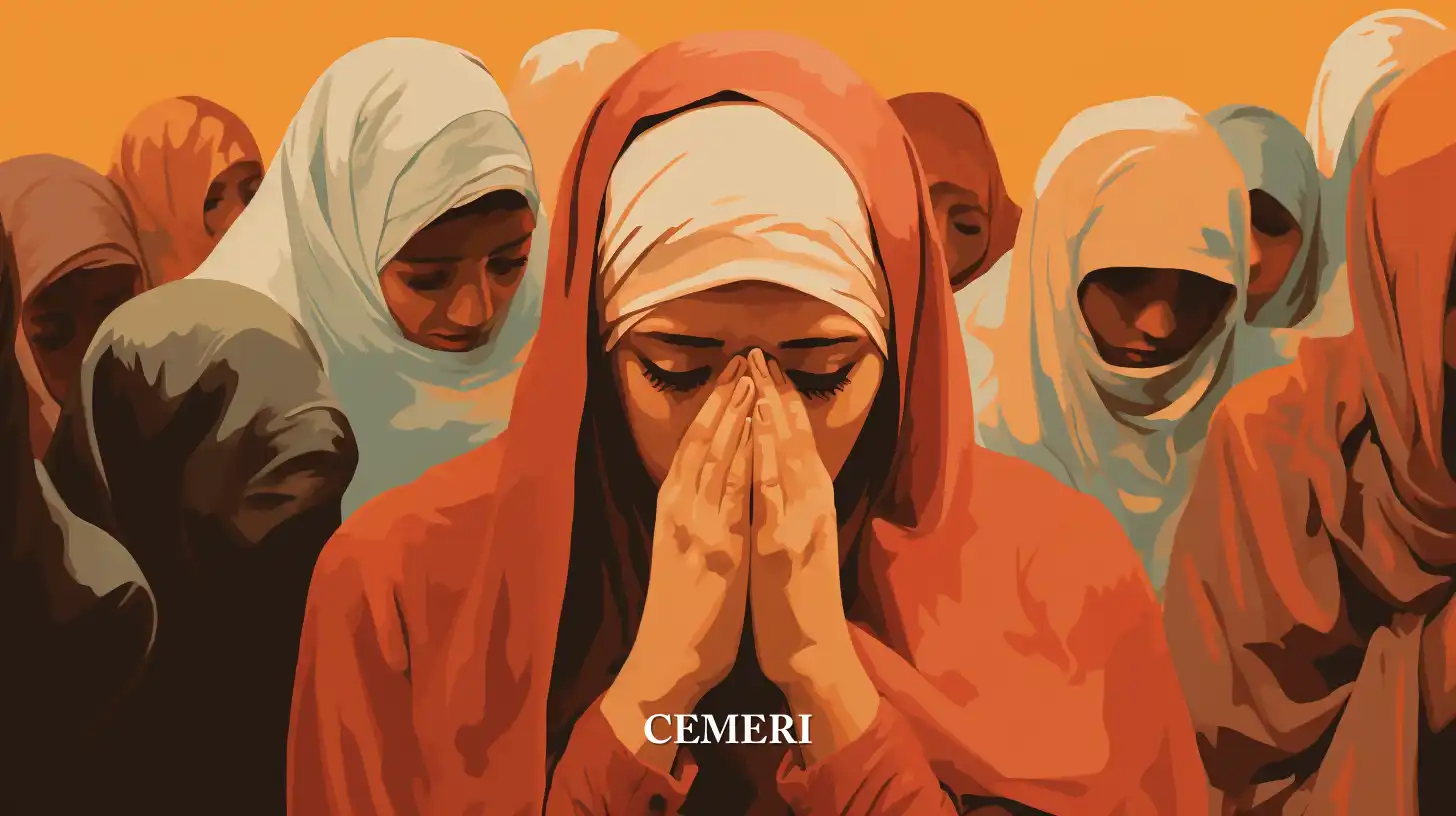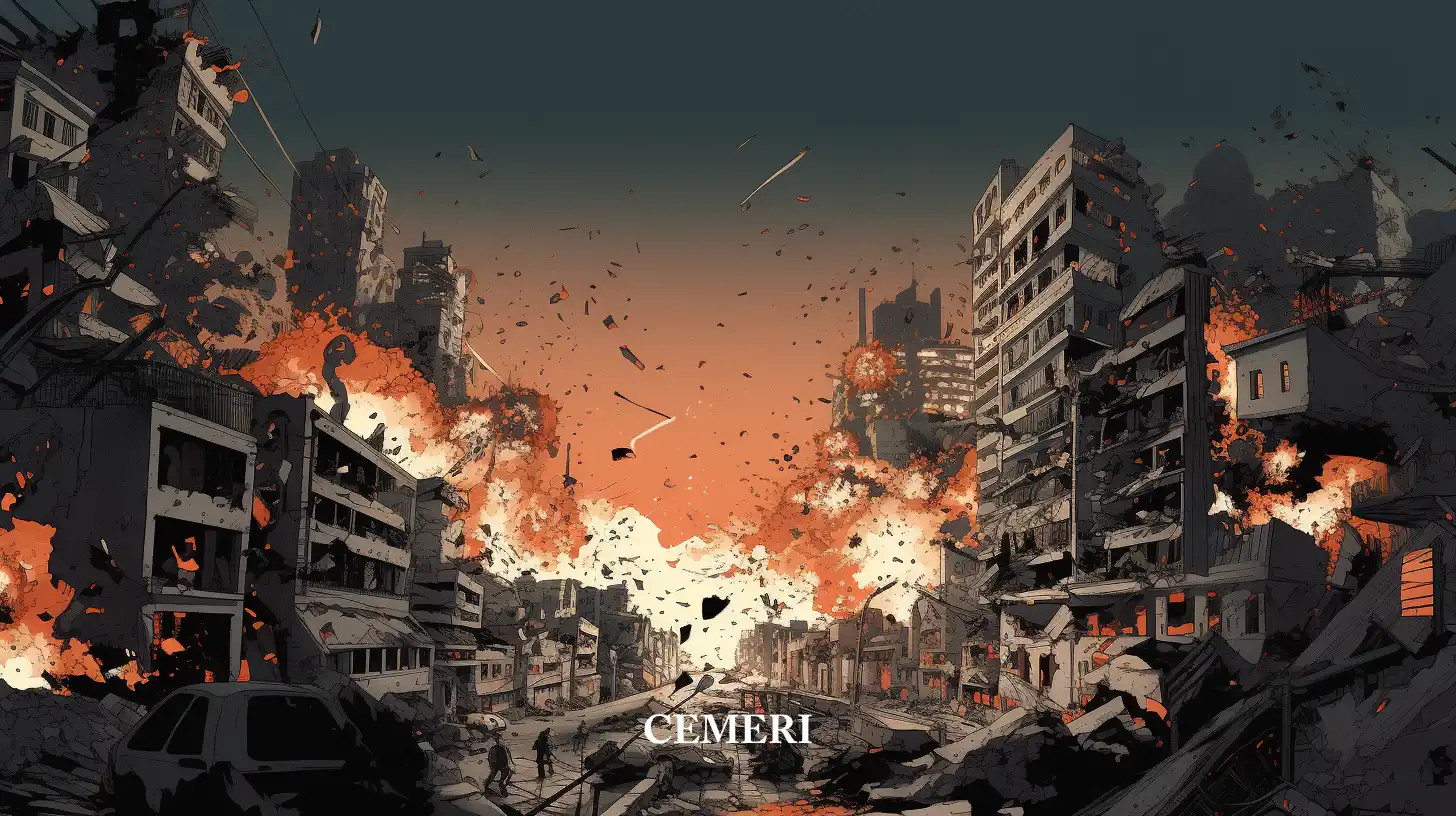Encyclopedia
CEMERI
What is Forgiveness Diplomacy?
- Diplomatic apologies are mainly given in cases of high-level injustices or human rights violations.

Human beings are prone to hit or miss in any area of life and this can have repercussions on a large scale. Therefore, in a world order governed by human beings, what happens when a State admits that it has made a mistake? And to answer this question, it will be explained what diplomatic pardon consists of and specific cases in which this resource had to be used.
Diplomatic apologies are given mainly for far-reaching injustices or human rights violations, that is, it is almost always a way to publicly show regret or condolences and settle (even verbally) with the victims or victims of recent and even past events.
Although words cannot undo what has already been done, nor change the past, in the last two decades, apologies for events that were remote but had a great social impact have been incorporated into the speeches of leaders, an example of this was that, in 2012 the then Salvadoran President Mauricio Funes apologized on behalf of the State for the 1981 El Mozote Massacre during the Civil War in El Salvador (CNN, 2012).
In the same way, there can be a request or demand for forgiveness, an example of which was the call by Mexican President Andrés López Obrador to Spain and the Vatican asking them to apologize for the crimes of the conquest of Mexico (Liñán, 2019). Undoubtedly, this type of scenario is peculiar as it deals with events that occurred centuries ago.
However, the Mexican president has not been the first to make this type of request and the Vatican has extended its repentance and apologies for various historical events of the last century, such as its passivity due to the Holocaust, crimes during the conquest, the crusades and among others. other events. All this denotes that the States continue to be responsible for the errors and injustices that have been committed over time, as if they were contemporary out of respect for the victims.
Among some cases is that of Germany, which continues to apologize for the actions of the Nazi regime or Japan for the abuses committed in the imperialist era, the invasion of South Korea and World War II (Merino, 2022). Regardless of whether it was a government, regime or a certain group that committed it, international responsibility always remains in the State where the events occurred.
Regardless of whether the intention is to show solidarity with the victims or just to “wash their hands”, these types of initiatives and discourses promote the search for justice and reconciliation in the international community. In a certain way this positively affects external perception instead of just dismissing the event no matter how much time has passed, since when they are marginalized or ignored, it only creates national and international outrage.
Although most of the time it does not entail any specific action and is rather a speech or communication, it does create awareness of the fact and it is given the corresponding importance. The correct thing is for the president to express it directly, since he is the one who represents the State internationally and in hierarchical order he is the one who has national precedence. According to the Political Apologies Across Cultures (2021) portal, which is a database referring to apologies extended by States and their representatives since 1947, there have been approximately 346 political apologies.
Political Apologies Across Cultures records the apologies related to human rights violations and it has been recorded that 72% of the apologies were issued since the year 2000 and 45% of them since 2010. Therefore, the diplomacy of forgiveness is a concept relatively new and did not have a classification as such until World War II. This characteristic could be attributed to the change that occurred in the world order and the rise that was given to diplomacy after 1945.
After the SGMl, the perspective of the world changed towards the way of managing conflicts, but this is not only due to the unfortunate events during the war but also to the heyday of human rights, where if something harms the rights of others, it is condemned.
In this sense, not only did it become significant to deal with the problems peacefully, but also to accept the damage that was caused, that it actually happened, and that the State or those involved take responsibility for it. Naturally, the diplomacy of forgiveness would be understood as an acceptable resource in the international community implicitly with what diplomacy covers.
However, Álvaro Merino (2022) presents another perspective when using it, since this resource can put the State at an uncomfortable moment, this is a matter of its national pride, since asking for forgiveness is accepting responsibility and in some cases this it can be difficult for world leaders. Added to this, is that many discourses that try to being a form of public apology, they explicitly omit it and try to use somewhat tangled words that end up meaning the same thing, but in a political way and without offending sensibilities.
An example of this was the visit of French President Emmanuel Macron to Rwanda, where in his speech he acknowledged that France was responsible for the 1994 genocide, where more than 800,000 Rwandans were murdered at the hands of a French-backed regime. The president affirmed that France had a role in the meaning that "led to the worst" and that he owes "a debt" to the victims of this event, but he did not explicitly apologize (Bassets, 2021).
Ideally, in any case, an act of forgiveness should be sincere, but many times it is considered the result of calculations between pros and cons for a State. Taking action in the face of an error in the diplomatic sphere can focus more on the formalities without greater long-term commitment or amending actions, what this resource tries is to maintain the approval or external approval and the additions that this can accompany will depend on who uses it
Despite this, some States defend their actions at the expense of the damage they caused and do not extend any request for forgiveness. An example of this was the United States and the nuclear bombs that hit Hiroshima and Nagasaki; since since 1945 no president had visited these affected cities until 2016 with the arrival of Barack Obama in Hiroshima.
Given such a scenario, public opinion speculated about what the president should do for the damage caused to this part of Japan, for which, at least some apology was expected, but there was no such action. Although it seemed somewhat insensitive on the part of the White House, in reality the president sought to address the matter without referring to it by means of a tribute at the Hiroshima Peace Memorial to the victims, likewise, he brought up cooperation for a world without nuclear weapons (BBC, 2016).
To a certain extent, the attack is justified in the United States on the grounds that it "saved lives" to prevent Japan from continuing to fight, as former US President Harry Truman proposed at the time; Therefore, their predecessors do not contradict, but try to prevent more events of this nature and show respect to those affected. It would not fall within the diplomacy of forgiveness, but it would be one of the alternatives seen in recent years.
In summary, the diplomacy of forgiveness can currently be considered as a way to sympathize and amend the errors of States, whether they are present or past within the international community, likewise, it is an implicit resource in diplomacy and has had an appearance after World War II, since this is an era very focused on human rights and their protection.
On the other hand, an apology can lead to acknowledgment of responsibility for past errors and their fair compensation, for which some States prefer to issue their apologies without acknowledging the error or using words that evade it and even not asking for forgiveness and only acting on it. solve part of the problem, but defending their position, which is not subject to the degree of development of a country, simply to its values and its culture.
Sources
Abad, José. (2019). ''Cuando los países piden perdón por su pasado''. El País. Recuperado de: https://elpais.com/politica/2019/03/26/sepa_usted/1553605933_279454.html

